Delhi is not only the national capital and seat of the Central Govt. of India, but it has also developed into a pulsating modern industrial city. On the one hand it saw steep rise in the population after Partition, on the other hand it saw spectacular growth of industrial activity from a mere 8,000 units in 1951 to more than 85000 units in 1991. Industries have contributed in a big way to the growth of population of the city, hence it is appropriate to give serious thought to further industrialization of the city and the manner of doing so. The present volume is substantially based on the scholarly deliberations of a seminar organized by DSIDC, which was attended by the learned representatives of the Industry, Educational Institutions, Administration & Govt. Agencies, Scientific Organisations, Planners & Architects etc. The idea was to analyse the problems facing the industries in Delhi and to hammer out solution and remedies by generating a debate amongst the various instruments and agencies of Industrial development. Some of the constructive suggestions put forward are that in future only environment-friendly high-tech industries, which are less taxing in infrastructure, be permitted in Delhi and one leading institution, like DSIDC, be declared as Nodal agency for administrating industrial growth in Delhi. It is sincerely hoped that all the deliberations and recommendations as carefully compiled in the present Volume, will be found highly informative and constructive by entrepreneurs, industrialists, academicians, economists, managers and policy planners in the field.
Problems & Prospects of Industrial Development in A Metropolitan City: A Case of Delhi
$29.70
$33.00
In stock
Free & Quick Delivery Worldwide
All orders amounting to US$ 50 or more qualify for Free Delivery Worldwide. For orders less than US$ 50, we offer Standard Delivery at $14 per book.
ABOUT THE AUTHOR Omesh Saigal
Omesh Saigal, an intellectual, scholar, author and administrator rolled into one, was born in Shimla on March 29, 1941. After graduating from IIT Kharagpur in 1962, he preferred to join IAS in 1964. Since them he has held many important positions and is currently the Chief Secretary, Government of NCT of Delhi. He has widely travelled both in India and abroad. He has a natural flair for writing and has been writing on variuos subjects for the last three decades or so. Versatility is his forte. He has written fiction in english and Hindi He is also credited with the much acclaimed 'Never Gandhi-Not Again', a lyrical work on the life of the Mahatama. The range of his writing is formidable: from sociological themes like Tripura and Lakshadweep to labour management, industrial development and administrative culture etc. As a regular contributors to various leading periodicals in India and abroad, he has written a number of features and articles. His other areas of interest include TV serials and documentaris.
ABOUT THE AUTHOR Prakash Kumar
Prakash Kumar, IAS, is the General Manager of the DSIDC.
ABOUT THE AUTHOR R.K. Gupta
Shri R.K. Gupta, is a disciple of one of the greatest saints of the Naqshbandi Order Thakur Ram Singh Ji, an officer in the Police Department of the erstwhile Jaipur State, who earned his livelihood by the sweat of his brow and reared his family. During his lifetime itself he had become a legendary figures because of his honesty and sincerity, and devotion to his Master Mahatma Ram Chandra ji Maharaj of Fatehgarh, UP. Born in 1950, the author had the fortune to visit his Master at the young age of 15 years, when his father, Dr. Chandra Gupta, took him to the pious feet of Thakur Ram Singh Ji. A man of few words, Thakur Ram singh ji left a deep impression and sowed the seed of Love in the heart of the author, in the first sight itself. The author spend his formative years from 1966 to 1970 under the gracious auspices of Thakur Ram Singh Ji and thereafter under Dr. Chandra Gupta, his father, who also was a great Sufi Master.
reviews
0 in total
Review by Anonymous
Problems & Prospects of Industrial Development in A Metropolitan City: A Case of Delhi
Be the first to review “Problems & Prospects of Industrial Development in A Metropolitan City: A Case of Delhi” Cancel reply
You must be logged in to post a review.
Bibliographic information
Title
Problems & Prospects of Industrial Development in A Metropolitan City: A Case of Delhi
Author
Edition
1st ed.
Publisher
ISBN
8170995345
Length
xii+300p., Tables; Figures; References; Appendices; Index; 24cm
Subjects
more by Omesh Saigal see more
Shaheed Bhagat Singh: Unique Martyr in Freedom Movement
The role of Bhagat Singh is ...
$36.00
$40.00
more by R.K. Gupta see more
Naqshbandi Sufis: The Golden Chain Prophet Muhammad to Indian Sufis
It is said that Prophet ...
$68.40
$76.00

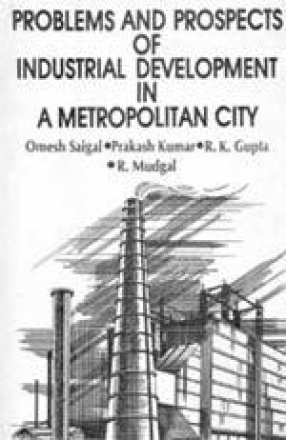




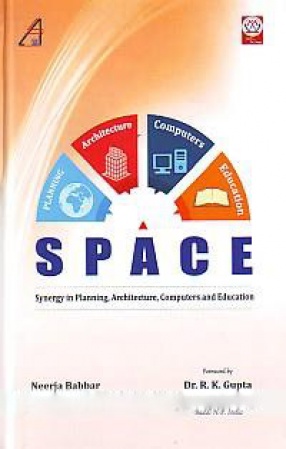
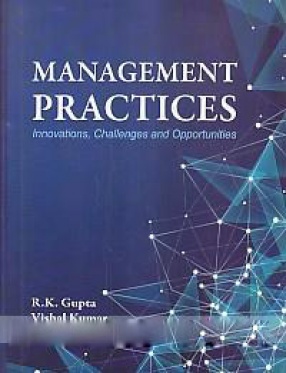
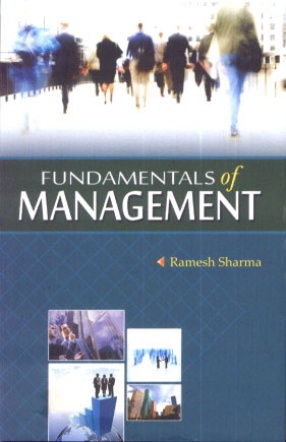
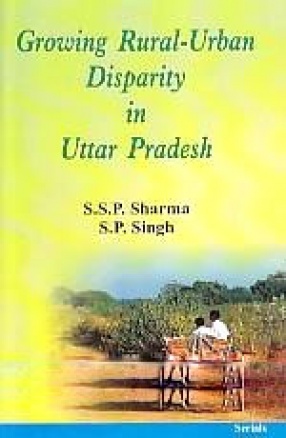
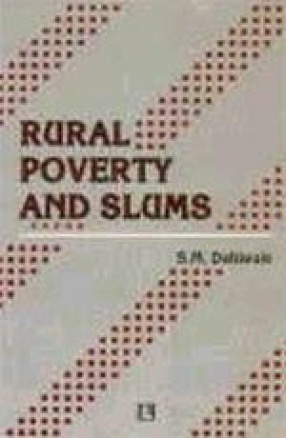
There are no reviews yet.